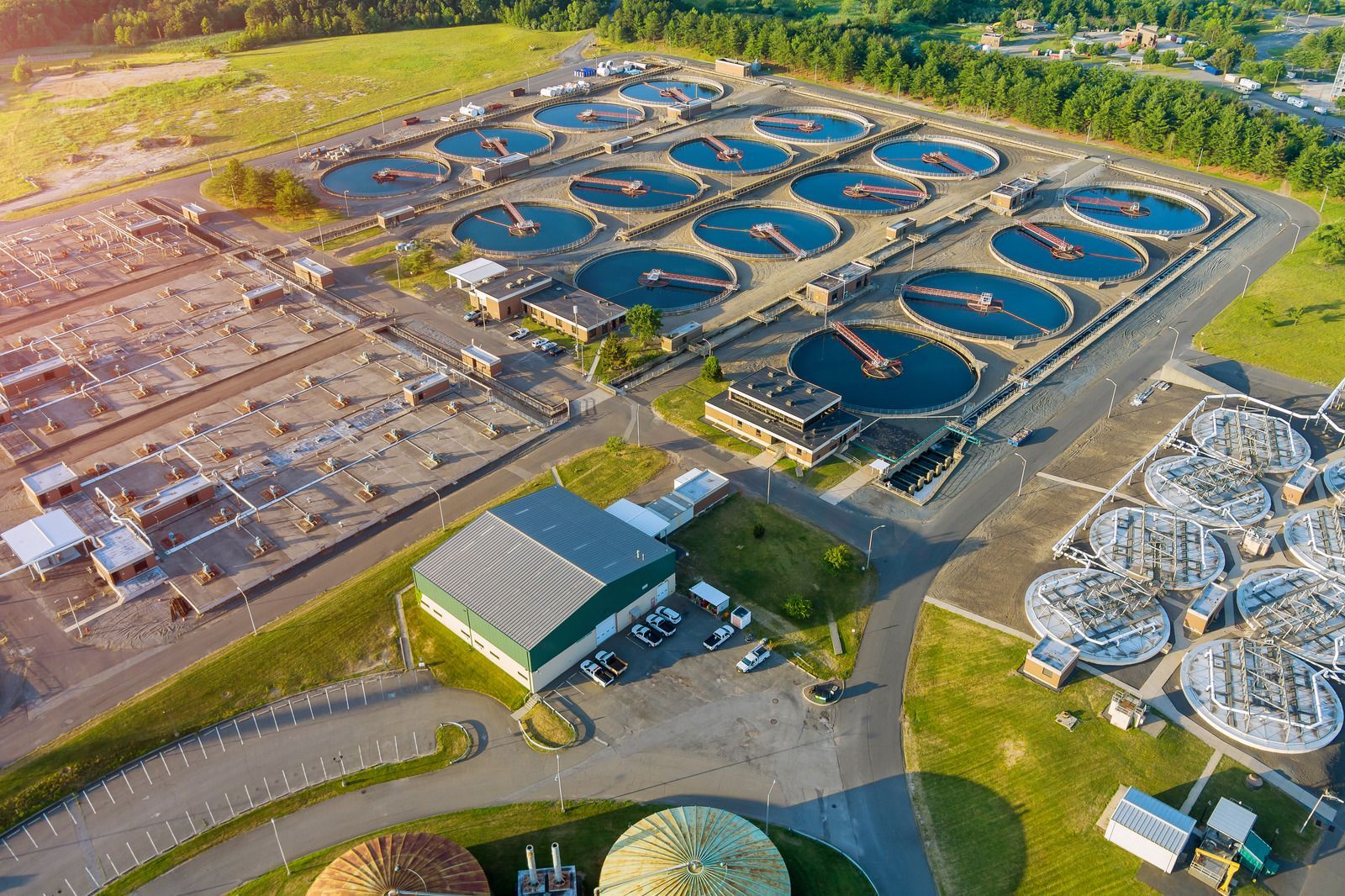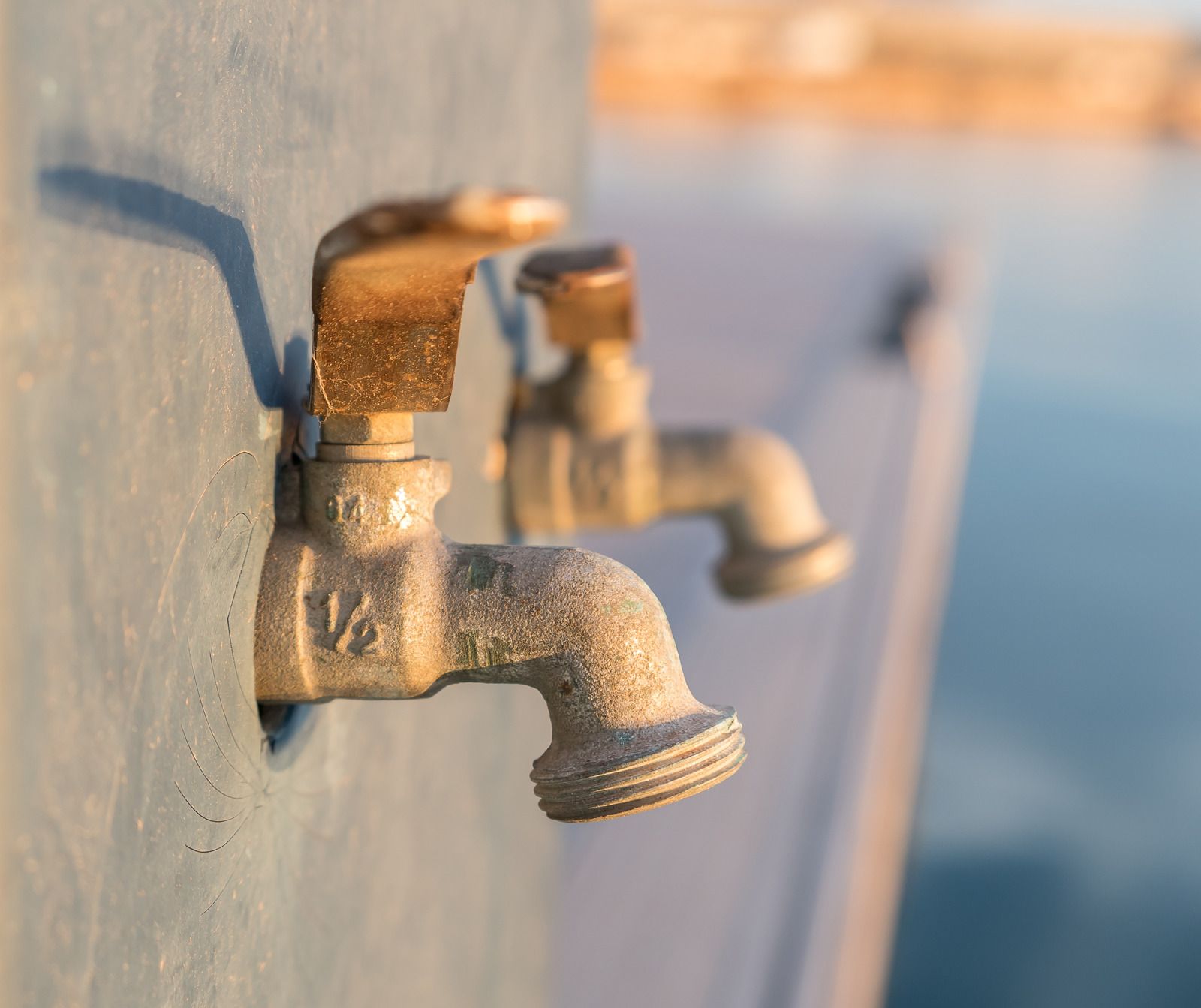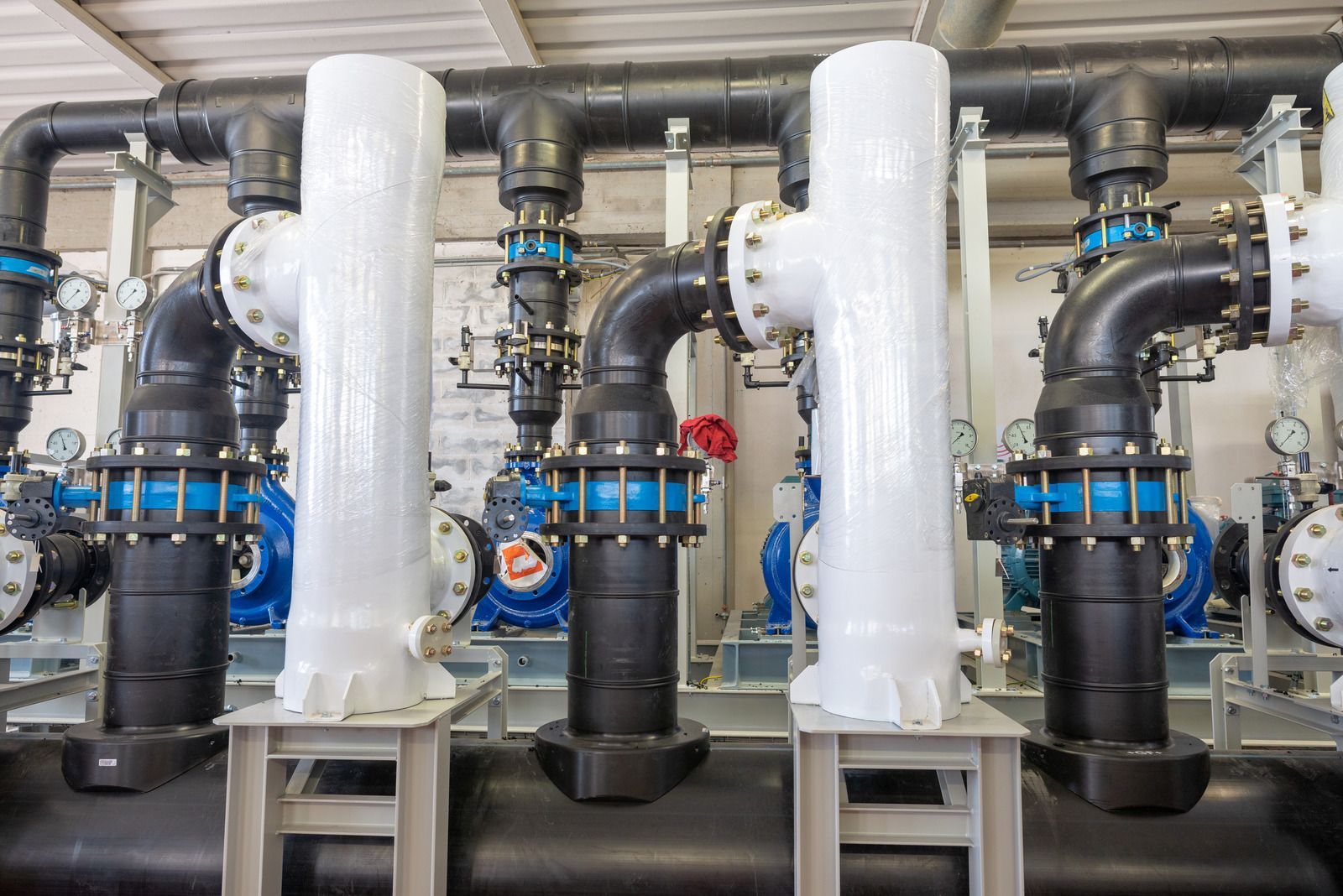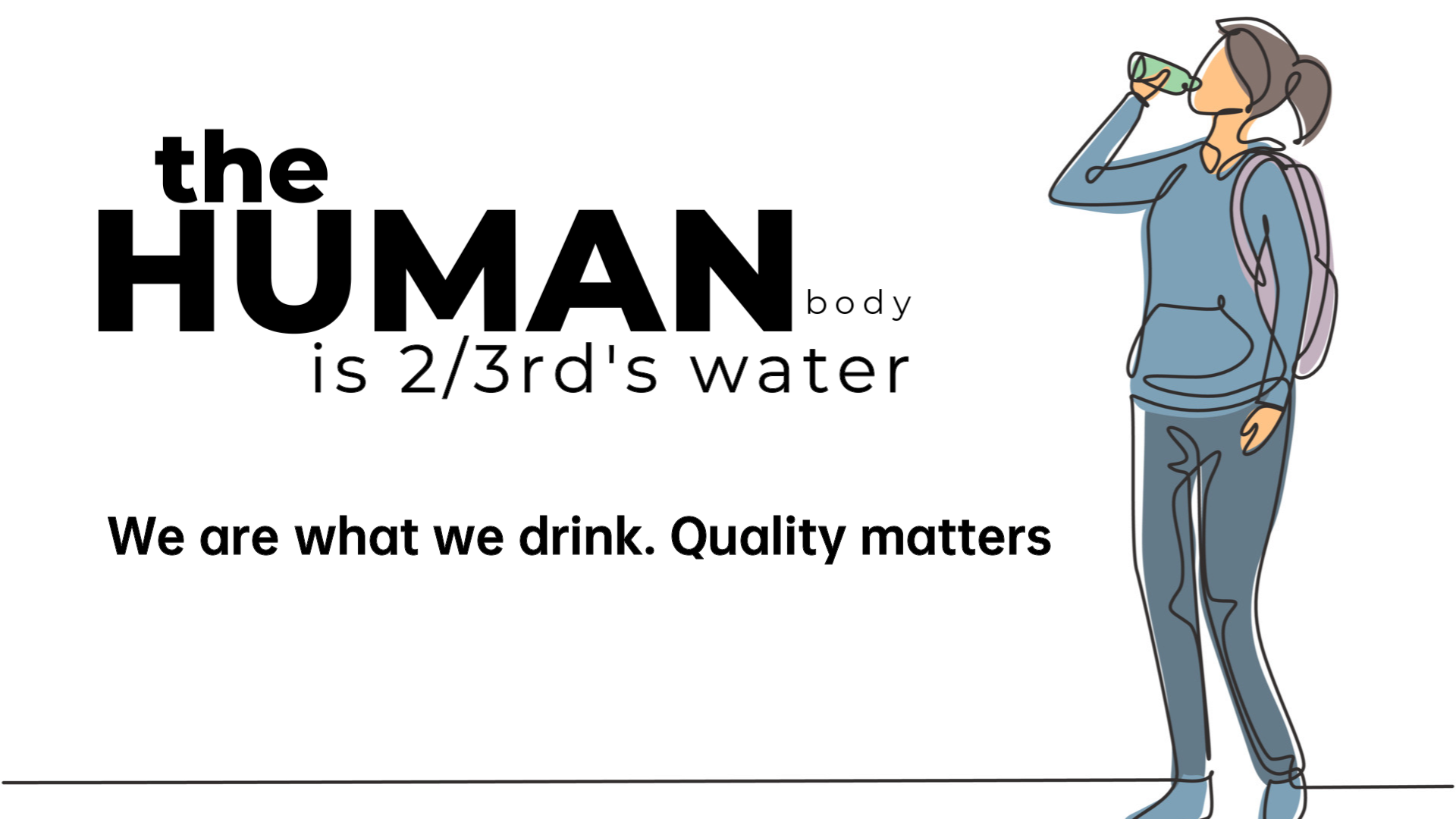Clean Water And Air: Critical Resources For Your Home
Clean water and air are essential for maintaining a healthy and safe living environment in your home. While you may not always be able to detect the presence of contaminants, they can still pose significant risks to your family's well-being. In this article, we will explore the importance of clean water and air, and how you can ensure their quality in your home.
Table of Contents
- Introduction
- The Importance of Clean Water
- Common Contaminants in Water
- Water Quality Assessment
- Ensuring Safe Drinking Water
- Solutions for Water Treatment
- The Significance of Clean Air
- Indoor Air Quality Assessment
- Reducing Airborne Pollutants
- Improving Indoor Air Quality
- Conclusion
- FAQs
Introduction
Clean water and air play a vital role in maintaining a healthy lifestyle. They are essential resources that impact various aspects of our lives, including drinking, cooking, cleaning, and overall well-being. However, the absence of unpleasant odors, tastes, or visible impurities doesn't guarantee that your water or air is free from harmful contaminants. It is crucial to be aware of potential threats and take proactive measures to ensure the quality of these resources.
The Importance of Clean Water
Clean water is not only essential for staying hydrated but also for various household activities. It is crucial to understand that water from different sources may contain contaminants that can be harmful to your health. For instance, tap water may contain chemicals, heavy metals, bacteria, or other pollutants. By ensuring the cleanliness of your water supply, you can safeguard your family against potential risks and enjoy numerous benefits.
Common Contaminants in Water
Water can contain a range of contaminants, and understanding their presence is crucial for making informed decisions about water treatment. Some common contaminants include chlorine, hardness minerals, pH imbalance, iron, manganese, total dissolved solids (TDS), nitrates, and nitrites. These substances can affect the taste, odor, and overall quality of your water, making it necessary to address them appropriately.
Water Quality Assessment
To determine the quality of your water, it is recommended to conduct a comprehensive water quality assessment. Professional technicians can perform tests to measure the levels of different contaminants in your water supply. These assessments cover factors such as chlorine levels, hardness, pH balance, iron content, manganese, TDS, nitrates, and nitrites. By understanding the results of these tests, you can make informed decisions about the necessary water treatment solutions.
Ensuring Safe Drinking Water
Safe drinking water is crucial for maintaining optimal health. Depending on the results of your water quality assessment, you may need to take specific actions to ensure the safety of your drinking water. Water treatment options such as filtration systems, water softeners, and reverse osmosis can help remove impurities and make your water safe to consume. These solutions can provide you with clean, refreshing drinking water that contributes to your overall well-being.
Solutions for Water Treatment
Water treatment solutions are available to address various concerns related to water quality. Whether you need to soften hard water, remove harmful chemicals, or improve the taste of your drinking water, there are options to suit your specific requirements and budget. Professional technicians can guide you through the selection process, helping you choose the right water treatment system that meets your needs and ensures a steady supply of healthy water throughout your home.
The Significance of Clean Air
In addition to clean water, clean air is equally vital for a healthy home environment. Indoor air can contain pollutants such as dust, pet dander, mold spores, volatile organic compounds (VOCs), and other allergens. Prolonged exposure to these contaminants can lead to respiratory issues, allergies, and other health problems. Improving indoor air quality is essential for maintaining a comfortable and safe living space.
Indoor Air Quality Assessment
To assess the air quality in your home, it is advisable to conduct an indoor air quality assessment. Trained technicians can evaluate the levels of airborne pollutants and identify potential sources of contamination. This assessment involves measuring factors such as particulate matter, VOCs, humidity levels, and ventilation efficiency. Understanding the results of this assessment can help you take the necessary steps to improve the air quality within your home.
Reducing Airborne Pollutants
Reducing airborne pollutants is crucial for promoting a healthier indoor environment. There are several measures you can take to minimize the presence of contaminants in the air. Regular cleaning, proper ventilation, and using air purifiers or filters can help remove dust, allergens, and other pollutants. By addressing the sources of contamination and implementing preventive measures, you can significantly improve the air quality in your home.
Improving Indoor Air Quality
Improving indoor air quality involves adopting practices that contribute to a healthier living environment. Maintaining cleanliness, reducing clutter, avoiding smoking indoors, and properly ventilating your home are some effective strategies. Additionally, incorporating indoor plants can help purify the air by absorbing toxins and releasing oxygen. By implementing these practices, you can create a fresher and more breathable atmosphere within your home.
Clean water and air are critical resources that significantly impact the health and well-being of your family. By prioritizing the quality of these resources, you can safeguard against potential risks associated with contaminated water or poor indoor air quality. Conducting water and air quality assessments, utilizing appropriate treatment solutions, and adopting preventive measures will ensure that you and your loved ones have access to clean water and fresh air, contributing to a healthier and happier home environment.
FAQs
1. Why is clean water important for our health?
Clean water is essential for hydration and various household activities. It helps maintain optimal health and prevents the ingestion of harmful contaminants.
2. How can I determine the quality of my water?
You can assess the quality of your water by conducting a comprehensive water quality test performed by professional technicians. Ask us about our FREE water test.
3. What are the common contaminants in water?
Common contaminants include chlorine, hardness minerals, pH imbalance, iron, manganese, TDS, nitrates, and nitrites. We can tell you what's in your water, for free.
4. How can I improve indoor air quality?
You can improve indoor air quality by regularly cleaning your home, ensuring proper ventilation, using air purifiers, and reducing the presence of potential sources of contamination. Free air quality test, ask us how!
5. Why is it important to address airborne pollutants?
Addressing airborne pollutants is crucial to prevent respiratory issues, allergies, and other health problems associated with poor indoor air quality.







